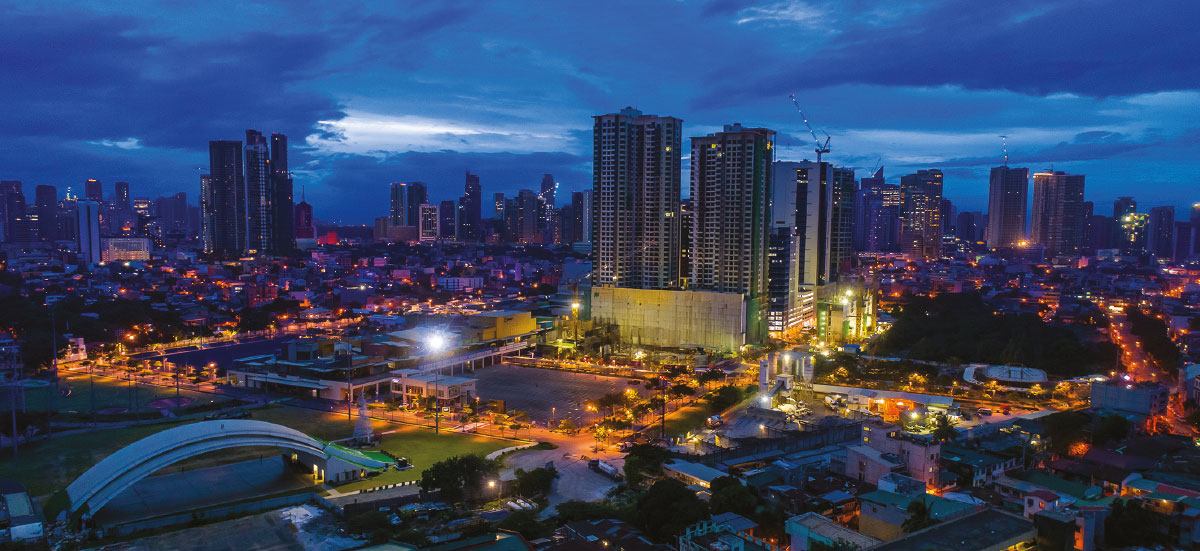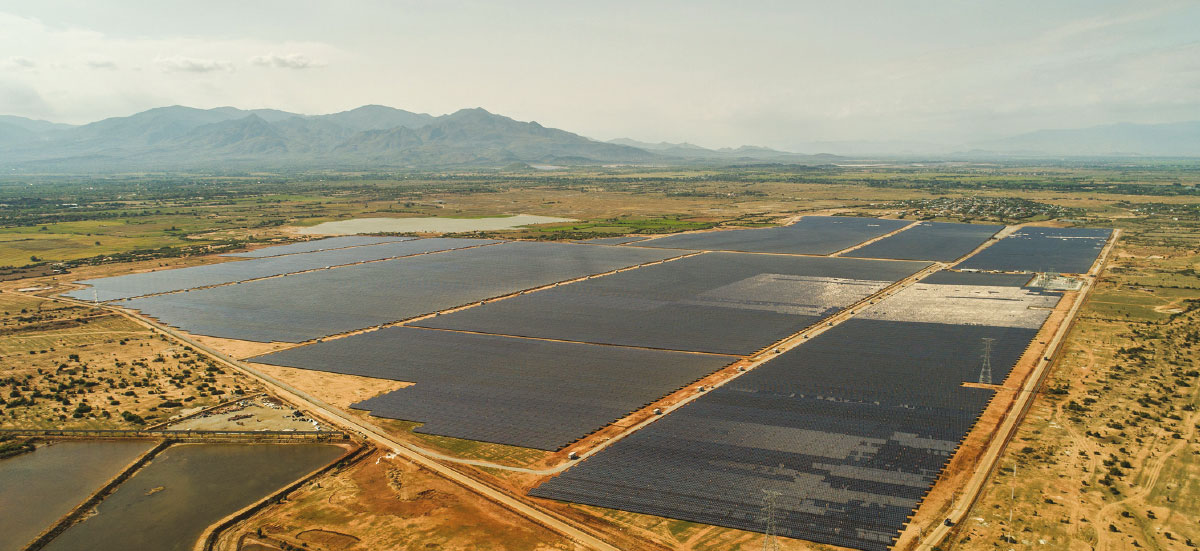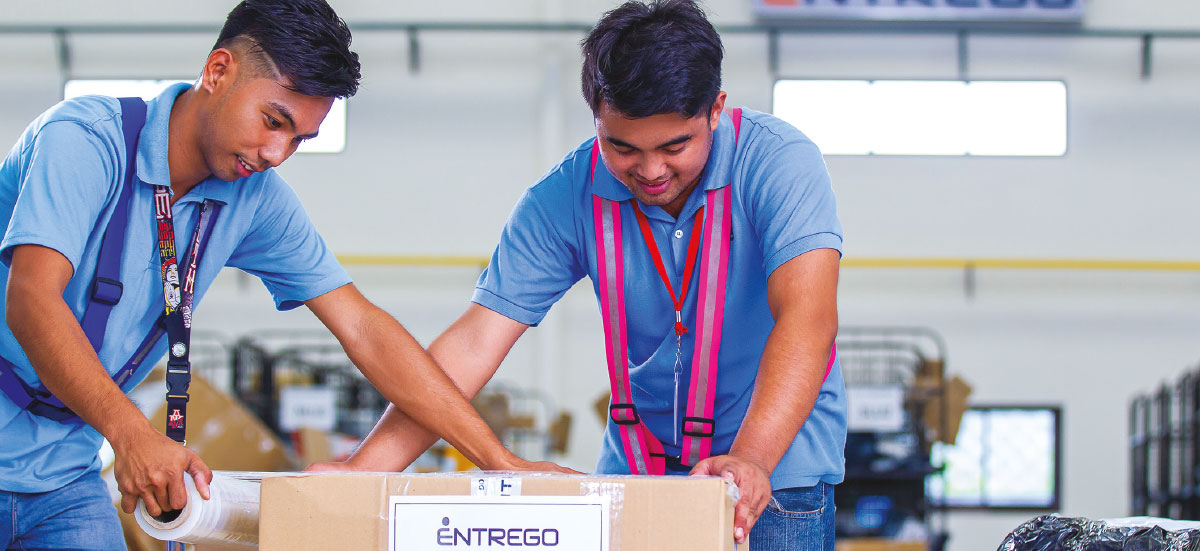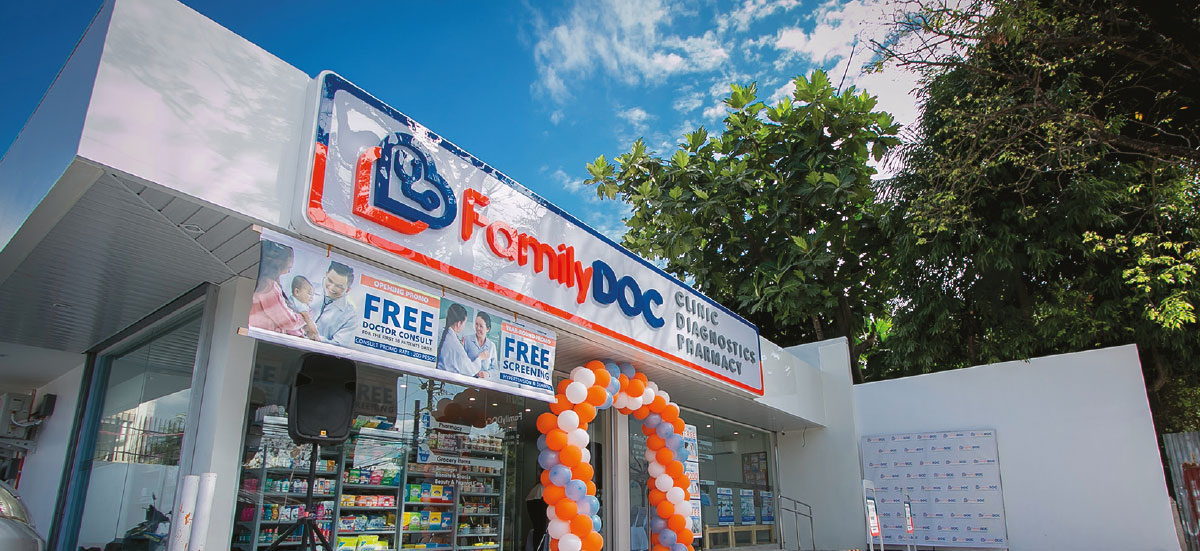Fellow shareholders,
Let me begin by thanking all of you for your continued support and confidence in Ayala. The past year was a trying time for our group as we confronted an unprecedented situation in Manila Water and our Metro Manila concession area. The water supply shortage that emerged in March 2019 impaired the high standards of service Manila Water has maintained over the past 23 years. Several factors led to this unfortunate incident. While the situation was compounded by low dam levels brought about by the prolonged dry season last year, the main factor in the shortage was the delay in new water source development under the government’s Water Supply Master Plan.
In order to prevent this from happening again, Manila Water is working closely with MWSS and this administration on the timely execution of the Water Supply Master Plan. Several medium-term water supply projects are now in various stages of review and development. These projects will provide additional water supply for the growing water demand of our East Zone customer base in the coming years.
These initiatives, along with the continued network management and optimization program, has enabled water availability for customers to be maintained within regulatory levels despite lower raw water supply.
Although we faced significant challenges in both our water and global manufacturing businesses in 2019, our real estate, banking, telco, and power units continued to serve as engines of growth. This validates the strength of a diversified portfolio and the expansion strategy we put in place a decade ago.
We are happy to report that in 2019, Ayala recorded ₱35.3 billion in net earnings, an 11 percent expansion from 2018. This was lifted by gains from the partial divestment of AC Energy’s thermal assets as it moved towards renewable energy and the merger of our education arm with iPeople.
Our results, however, were weighed down by the recognition of a remeasurement loss of ₱18.1 billion, arising from a likely reduced stake in Manila Water, whose shareholders are being asked to approve an increased number of shares to open up opportunities for a strategic investor. We believe a partnership with a strategic investor will accelerate Manila Water’s long-term strategic direction, including its regional aspirations. Over the past decade, Manila Water has established itself as a major water infrastructure player in Southeast Asia with investments in various platforms across Vietnam, Thailand, and Indonesia and today continues to be on the lookout for opportunities in the region.












